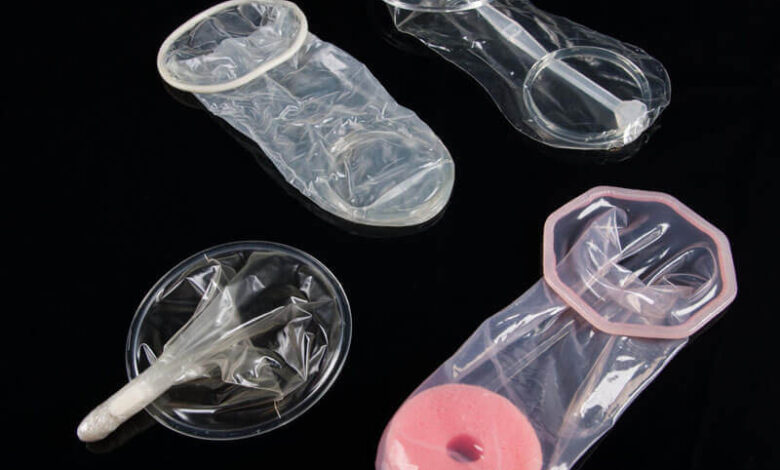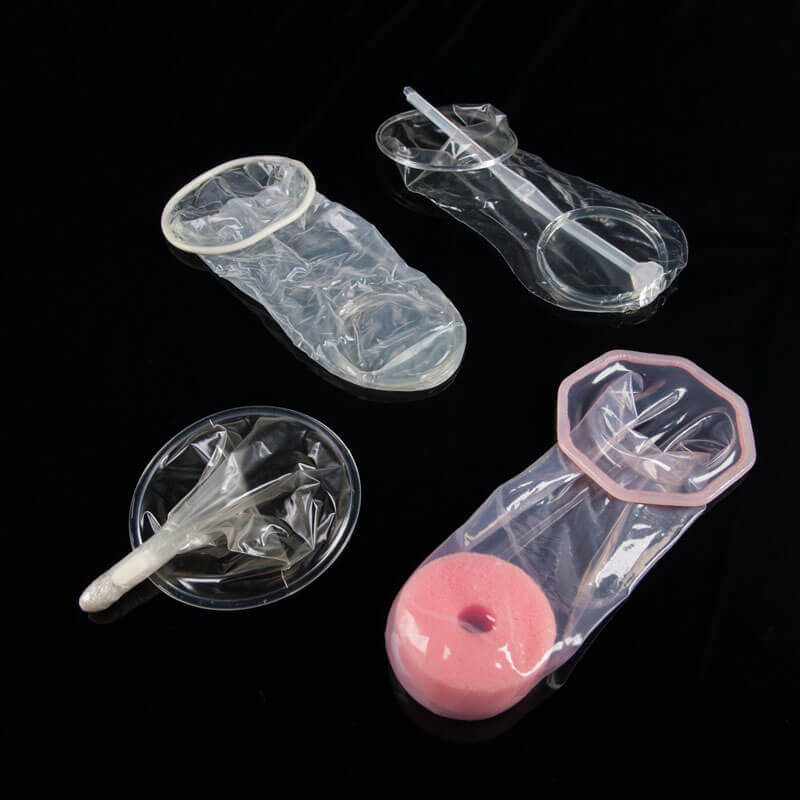Nearly 50,000 female condoms expire over low demand – NACP Official reveals


Deputy Programme Manager of the National AIDS/STI Control Programme, Dr. Anthony Ashinyo, has revealed that close to 50,000 female condoms procured by the National AIDS Control Programme (NACP) have expired due to low public demand.
Speaking to the Ghana News Agency, Dr. Ashinyo explained that the expired condoms formed part of large consignments meant to promote safer sex among women, but poor patronage rendered most of them unused.
“We bought a lot of female condoms in the past, but they were not being used. Over time they expired, and we had to throw them away. Now, procurement is done in very small quantities because the demand is not there,” he said.
According to him, social and cultural attitudes continue to discourage women from using female condoms. Many, he said, associate them with mistrust and promiscuity.
“Many women believe that wearing female condoms means they cannot be trusted by their partners, so they would rather rely on male condoms. The desire and interest to use the female condoms are just not there,” Dr. Ashinyo added.
He also expressed concern about the misuse of female condoms, revealing that some women remove the rims to design bangles and clothes, while others complain about discomfort and overstimulation when using them.
Dr. Ashinyo warned that low condom use—especially among women—poses a threat to Ghana’s fight against sexually transmitted infections (STIs), including HIV.
“Condoms serve as a biomedical protective tool that collects secretions containing viruses. When people don’t use them, those secretions come into direct contact during intercourse, increasing the risk of infection,” he noted.
The low demand, he said, has affected the supply chain, with pharmacies and public health facilities now stocking only limited quantities. He called for renewed public education and advocacy to address misconceptions and encourage female condom use as part of national HIV prevention efforts.
According to the 2024 National and Sub-National HIV and AIDS Estimates and Projections Report, about 334,721 people are currently living with HIV in Ghana. The country recorded 15,290 new infections and 12,614 AIDS-related deaths last year.
The Director-General of the Ghana AIDS Commission, Dr. Kharmacelle Prosper Akanbong, said new infections among the youth are rising due to low condom usage and complacency about HIV risks.
To reverse the trend, he announced plans to install condom dispensing machines at public spaces such as transport terminals, university campuses, and youth events to increase accessibility.
“A person living with HIV still fears disclosure, still fears ostracism, and still fears for their future. We must challenge this,” Dr. Akanbong urged, calling on Ghanaians to treat people living with HIV with dignity and respect.
Globally, HIV has claimed an estimated 44.1 million lives as of July 2025, according to the World Health Organisation (WHO). The agency notes that while transmission remains widespread, effective prevention and antiretroviral therapy (ART) continue to offer hope for managing and reducing infections.
DISCLAIMER: The Views, Comments, Opinions, Contributions and Statements made by Readers and Contributors on this platform do not necessarily represent the views or policy of Multimedia Group Limited.
DISCLAIMER: The Views, Comments, Opinions, Contributions and Statements made by Readers and Contributors on this platform do not necessarily represent the views or policy of Multimedia Group Limited.
Source link





